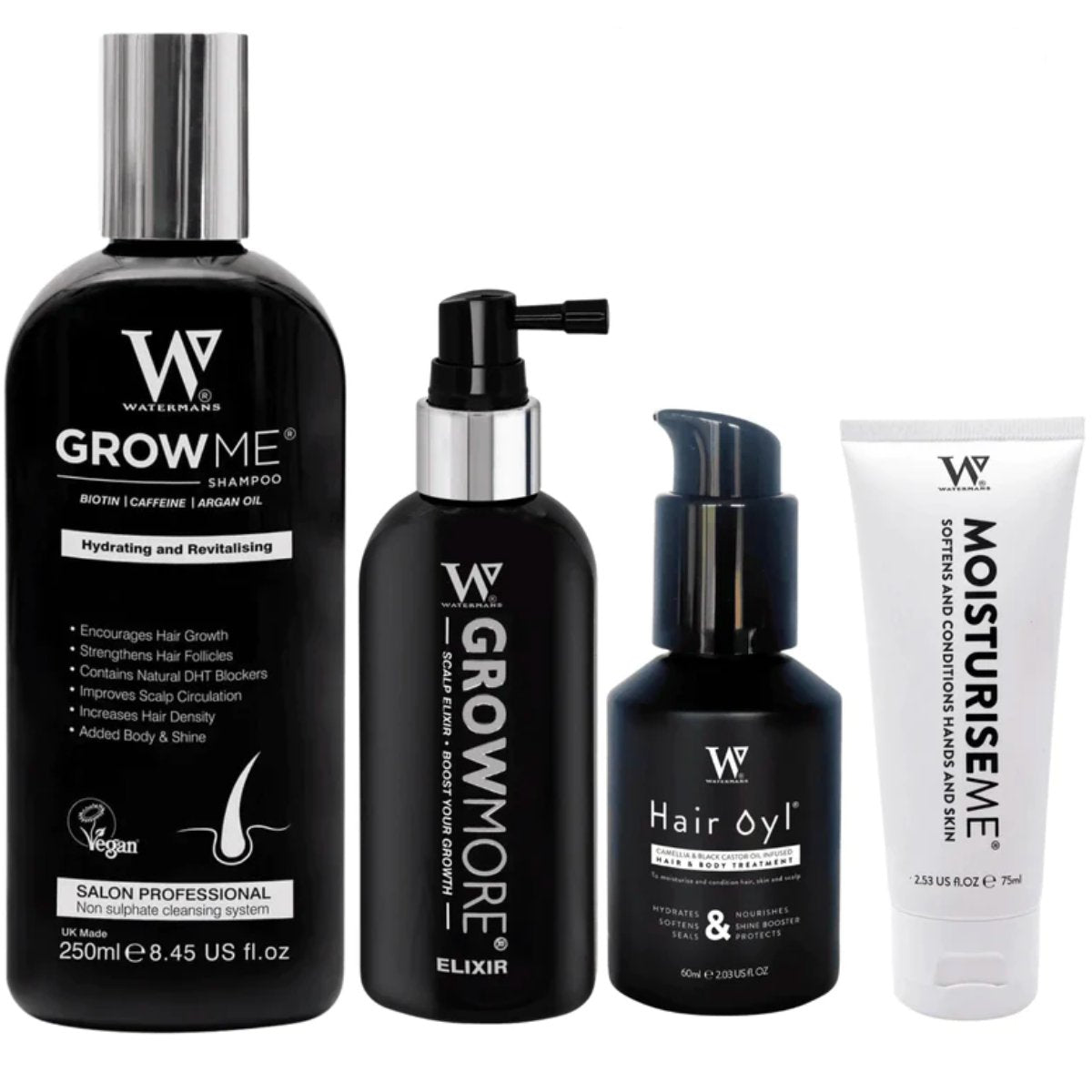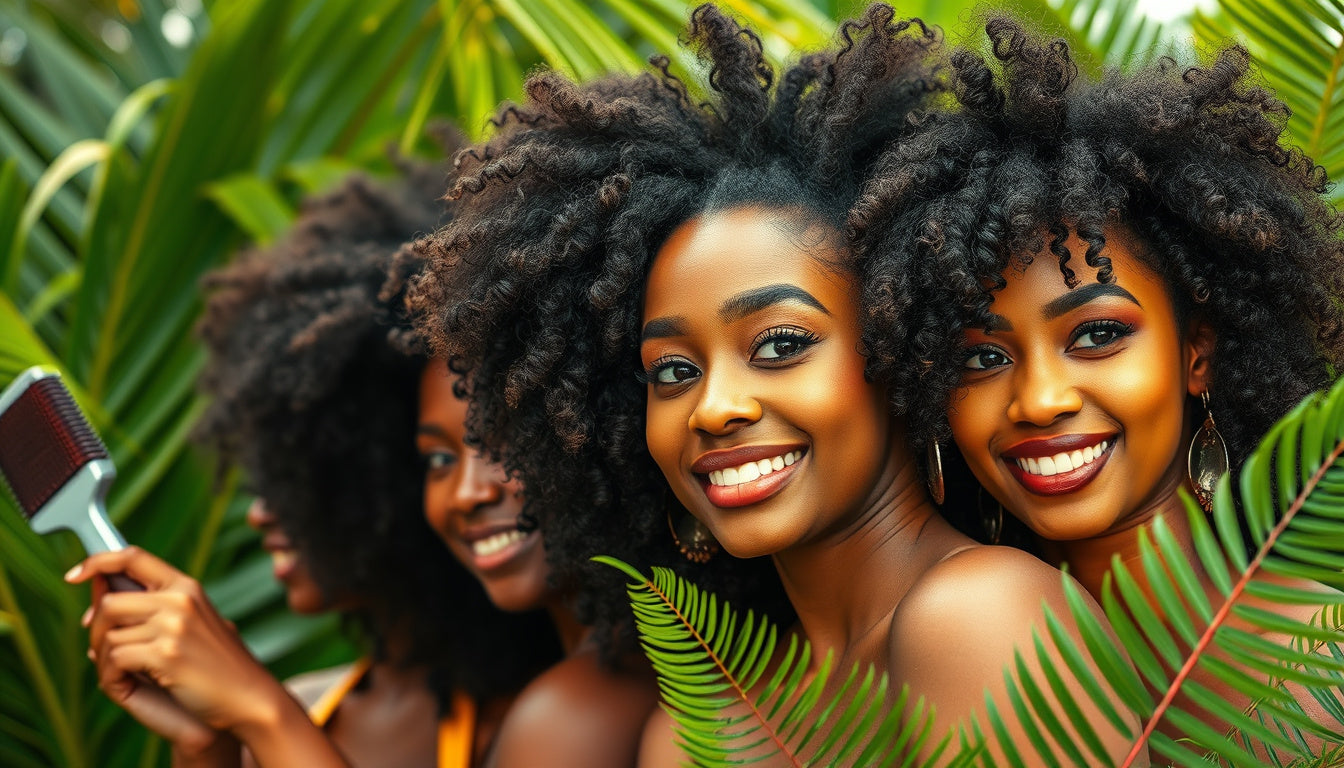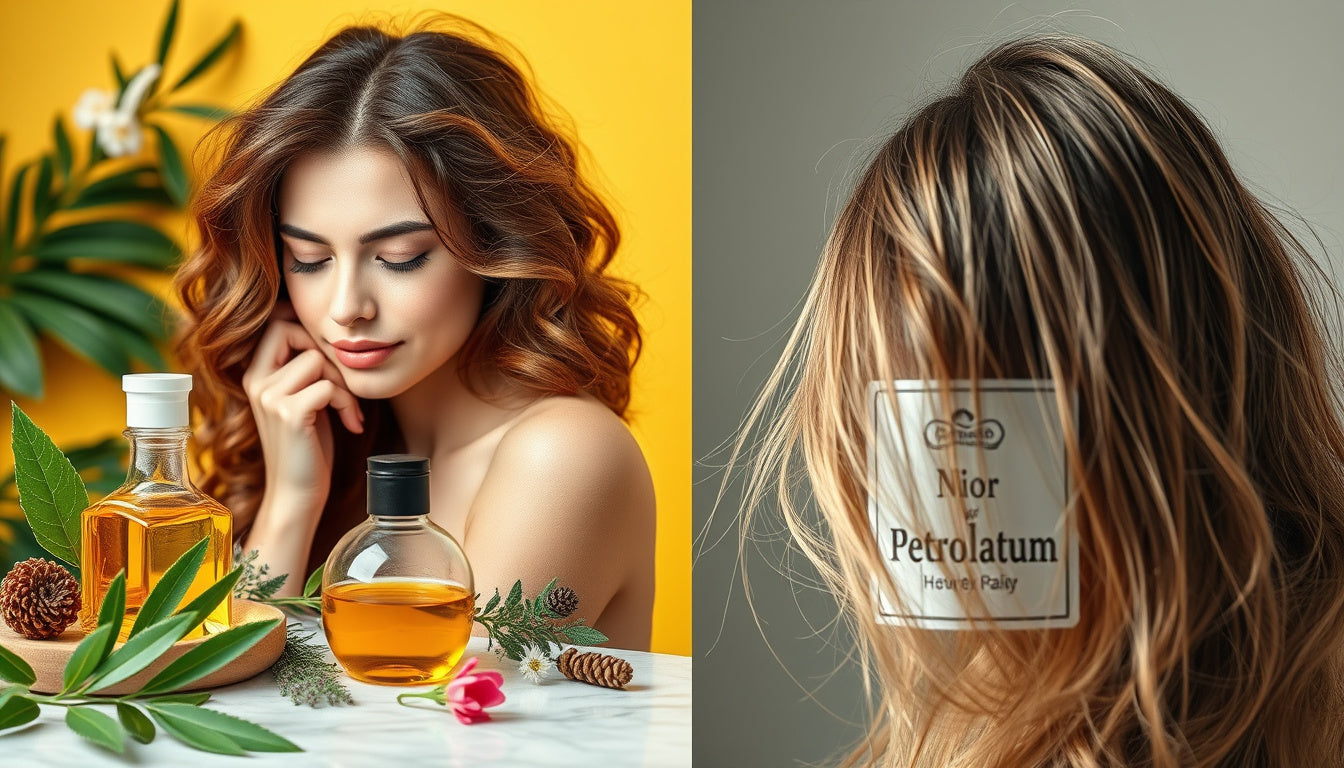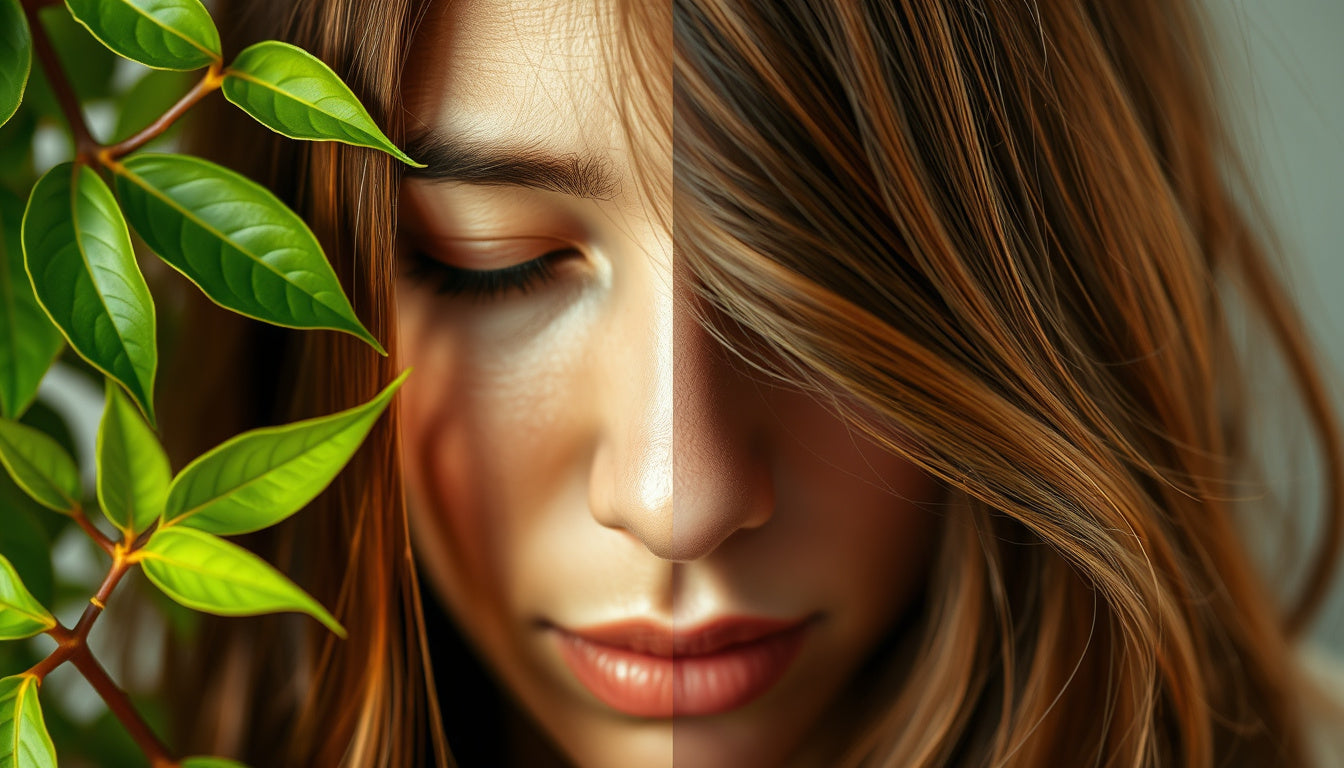
Reversing Nicotine-Induced Hair Loss: What You Need to Know
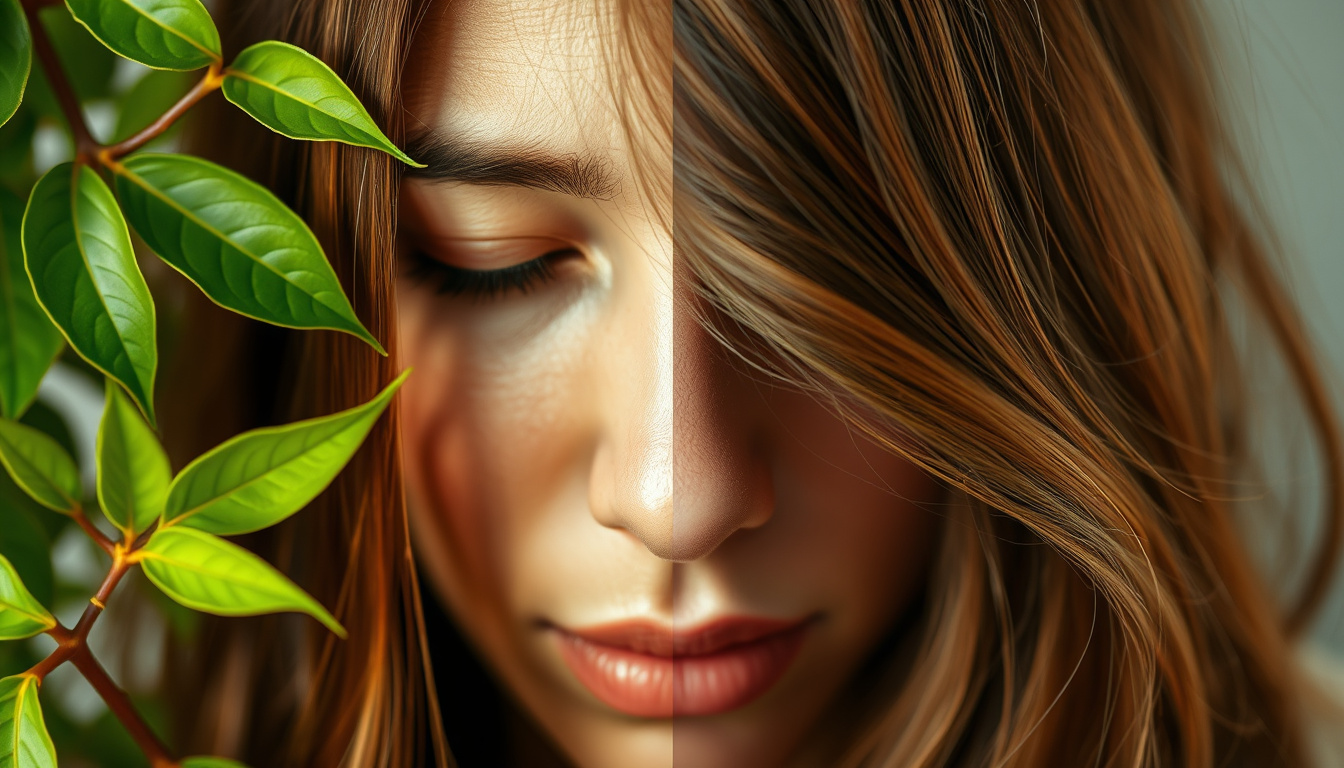
Nicotine harms your lungs and your hair. It does more than hurt your lungs. It also weakens your hair. If nicotine makes you lose hair, do not worry. In this article we study the science of nicotine hair loss. We show how it stops hair growth and list steps to reverse the effects. We also present a product, Watermans Grow Me Shampoo, to help you in your hair growth journey.
Understanding Nicotine and Its Effects on Hair
Nicotine, a chemical in tobacco, tightens blood vessels and slows blood flow. Slow blood flow means hair follicles get less oxygen and nutrients. Over time, hair can fall out when follicles do not receive much support.
How Does Nicotine Affect Hair Growth?
-
Less Blood Flow
Nicotine tightens vessels. This cut in blood stops enough oxygen and nutrients from reaching hair follicles. Healthful follicles need rich blood to thrive. -
Hormone Shifts
Nicotine changes hormone levels in the body. The change pushes hair follicles into a rest state (telogen phase) where hair falls out more easily. -
Stress Rise
Smoking and nicotine bring more stress to the body. Higher stress can trigger hair loss. Stress may shock the follicles and cause more shedding.
The Science of Hair Growth
Know these hair phases to see how nicotine affects hair:
-
Anagen Phase
Hair grows actively here. Follicles work to create new hair. -
Catagen Phase
Hair growth halts. The follicle begins to shrink. -
Telogen Phase
Hair rests. At any time, 10–15% of hair stays here. Weak follicles may let hair fall during this phase.
Is Nicotine-Induced Hair Loss Reversible?
Good news: Hair loss from nicotine can reverse if you act. Try these steps to restore your hair:
1. Quit Smoking and Nicotine Use
Stop using nicotine from the start. Without nicotine, blood can flow better. With good flow, follicles get more nutrients. Over time, you might notice your hair grows better.
2. Feed Your Body Well
Eat a balanced diet with vitamins and minerals. Focus on:
-
Biotin
Biotin helps hair stay strong. Eggs, nuts, and whole grains pack biotin. -
Omega-3 Fatty Acids
Omega-3 from fish keeps your scalp healthy. -
Iron and Zinc
These minerals feed the follicles.
3. Drink Enough Water
Water keeps cells working well. More water means healthy hair growth. Drink water and eat foods rich in water like cucumbers and oranges.
4. Choose Good Hair Shampoos
Some shampoos work to promote hair growth. A well-known shampoo is Watermans Grow Me Shampoo. Its blend of biotin, rosemary, caffeine, niacinamide, argan oil, allantoin, and lupin protein works on your scalp and roots.
5. Massage Your Scalp
Massage your scalp to boost blood flow to follicles. Use oils such as peppermint or lavender mixed with a neutral oil. This step helps the scalp get more blood and nutrients.
6. Try Topical Treatments
If hair loss is strong, a topical treatment like minoxidil may work for you. It can help hair start to regrow. Such treatments are common and easy to find.
Did You Know?
-
Nicotine Cuts Blood Flow
Nicotine can shrink blood vessels by as much as 30%. This drop in flow weakens hair follicles. -
Genes Play a Part
Your genes also shape hair loss. Even when you quit nicotine, genes might still affect hair. -
Hair Regrowth Needs Time
When you quit, hair follicles will work slowly to recover. Growth happens in cycles. -
Smoking Alters Hormones
Smoking raises levels of a male hormone. This hormone can make hair fall out. -
Stress Drops Hair
Ongoing stress is known to shock follicles, causing sudden hair loss.
Q&A Section
Q1: How long after quitting nicotine does hair growth improve?
A1: You may see better growth in 3–6 months; full recovery might take up to a year.
Q2: Can food changes help hair grow after nicotine use?
A2: Yes! Healthy foods can feed your hair and build strength.
Q3: Is extra hair loss normal after quitting nicotine?
A3: Yes, some extra shedding can occur at first until the hair cycle steadies.
Q4: Can stress control help hair regrow?
A4: Yes, practices like yoga, meditation, or exercise can calm stress and help your hair.
Q5: Will using Watermans Grow Me Shampoo improve my hair?
A5: Yes, many find its ingredients work well to support the scalp and hair.
Q6: How many times a week should I wash my hair?
A6: Washing 2–3 times a week keeps your scalp clean without drying your hair.
Q7: Will my hair color change after I stop nicotine?
A7: Stopping nicotine can boost blood flow, making hair look livelier. But your genes set your natural color.
Q8: What oils suit scalp massages best?
A8: Oils like peppermint, rosemary, and lavender boost blood flow for hair growth.
Q9: Can I dye my hair after quitting nicotine?
A9: Yes. Wait until your hair and scalp are healthy before dyeing.
Q10: Do hair supplements work?
A10: Supplements rich in biotin, collagen, or other nutrients help if your diet lacks them.
Using the right product, such as Watermans Grow Me Shampoo, with a few lifestyle changes can help feed your hair and support its recovery after nicotine use.










